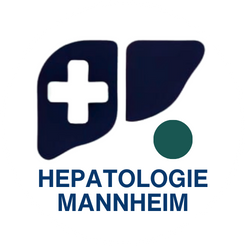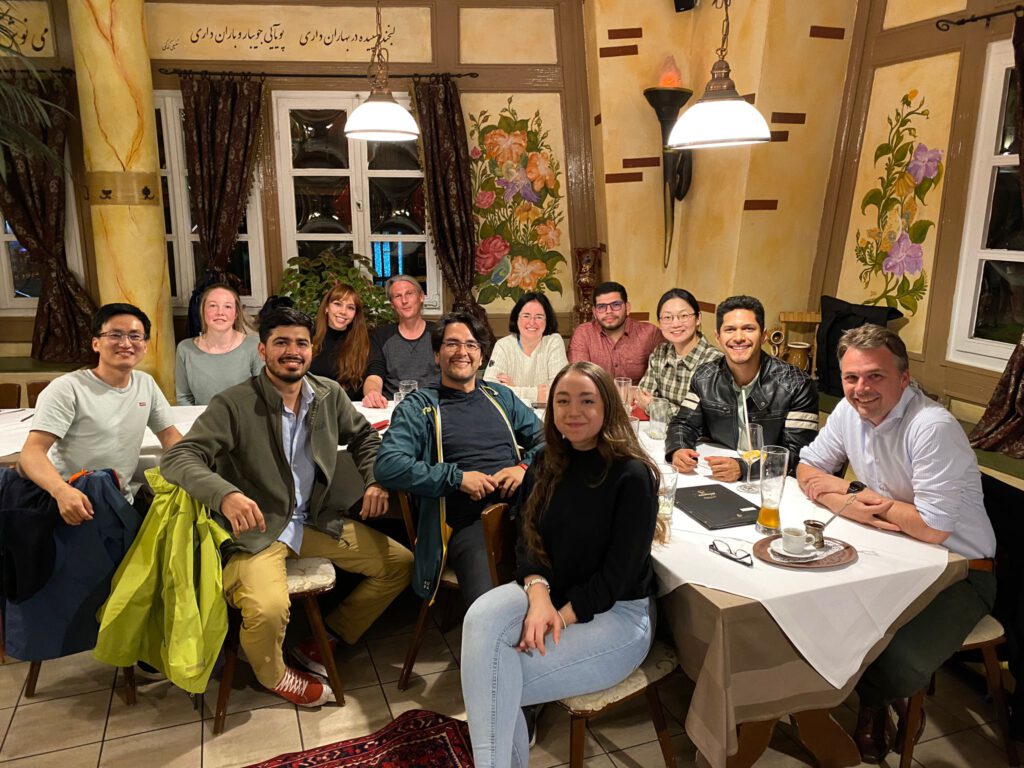
Our Hepatology Research group advances liver disease diagnostics and treatment using molecular biology, bioinformatics, mouse models, and AI. We focus on liver fibrosis, cancer, autoimmune liver disease and enhancing care through telemedicine and digital health innovations.
Research Focus
We model liver diseases, including fatty liver, autoimmune disorders, fibrosis, and tumors, combining molecular biology and computational tools to predict disease progression and treatment outcomes.
Key Projects
Mouse Models: Studying genes like PDGF-B and TGFβ1 in fibrosis and cancer.
Microbiome Research: Exploring gut bacteria’s impact on liver disease.
Autoimmune Liver Disease: Enhancing treatment through molecular and epidemiological characterization and digital (LLM) support.
Digital Health: Developing early detection and telemedicine solutions.
GROUP MEMBERS
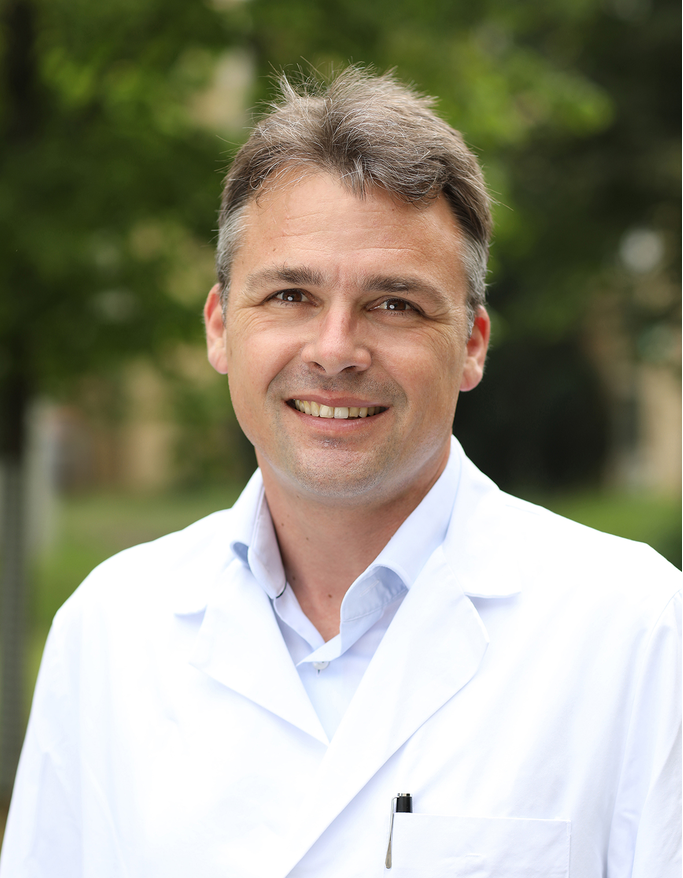
Head, Division of Hepatology, Division of Clinical Bionformatics
Prof. Dr. Dr. Andreas Teufel
Dr. Andreas Teufel, Full Professor of Hepatology at the University of Heidelberg, Medical Faculty Mannheim, specializes in liver diseases and bioinformatics. Since 2017, he has led the Division of Hepatology and the division of Clinical Bioinformatics and is an Associate Member of the DKFZ-Hector Cancer Institute, spearheading initiatives like the Clinical Cooperation Unit for Healthy Metabolism and the Baden Württemberg Center for Early disease Detection and Prevention at Mannheim Medical Faculty´s Center for Prevention and Digital Health.
His research delves into molecular and bioinformatic modeling of liver diseases—such as fatty liver, fibrosis, cancer, and autoimmune disorders—using animal models to study liver carcinogenesis and fibrosis. His work emphasizes bioinformatics to forecast disease progression and treatment outcomes. He also examines the microbiome’s role in liver diseases in collaboration with a German-Chinese research consortium.
Dr. Teufel founded the Digital Hepatology Hub with the Universidad de Antioquia in Colombia to enhance liver disease care in remote and underserved areas. By integrating AI, Machine Learning, chatbots, telemedicine, and Big Data analysis, this initiative tackles healthcare disparities through digital innovation. He also leads global collaborations, including academic partnerships in rural Colombia, Paraguay, and Kazakhstan focusing on improved healthcare delivery and efficiency through digital health.
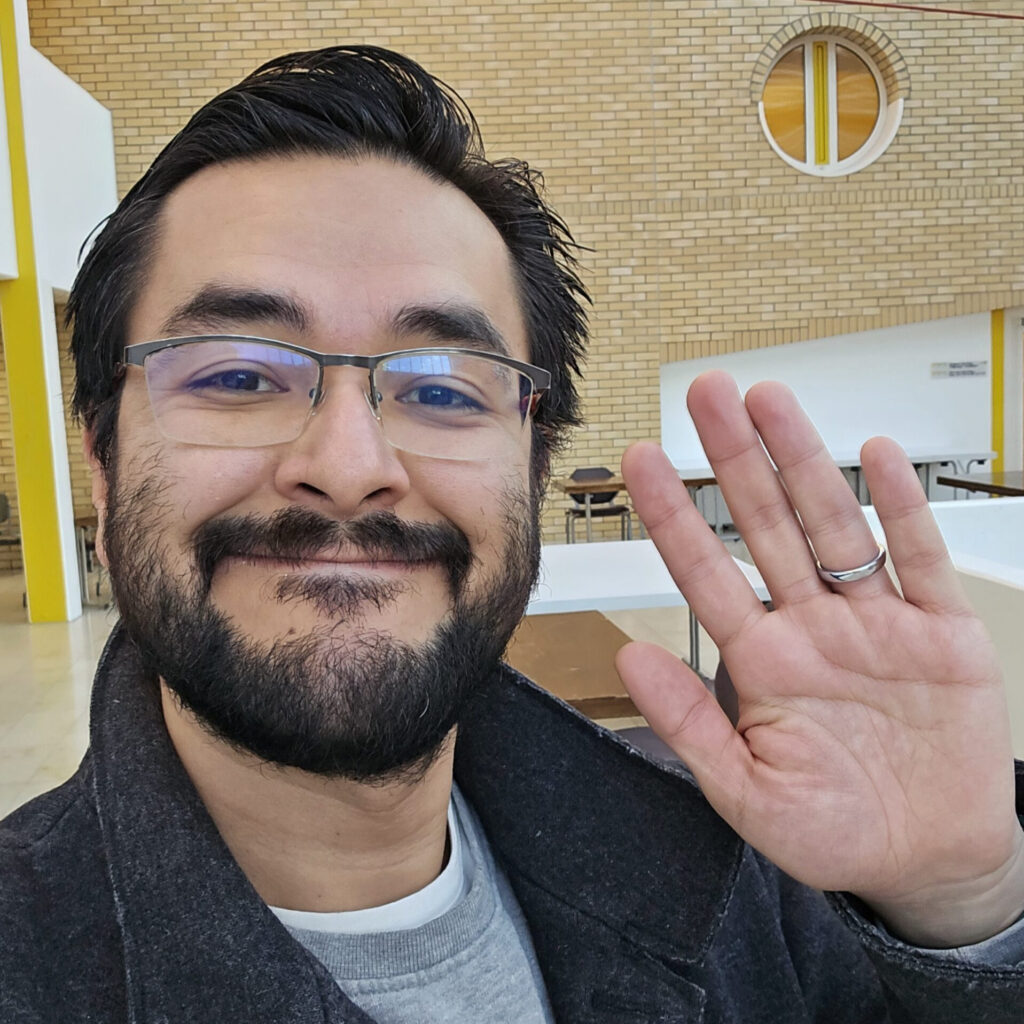
PostDoc
Jimmy Daza Barragan, MD, M.Sc.
Jimmy Daza is a physician from Colombia who completed his medical studies at the renowned Universidad de los Andes in Bogotá. With several years of clinical experience in cancer treatment and research, he pursued further specialization and graduated in 2020 with a Master’s degree in Translational Medicine Research from Heidelberg University. Following this, he joined the Division of Hepatology, where he has been instrumental in securing funding to establish an international hepatology research group comprising members from Colombia, Argentina, Paraguay, the USA, Germany, Kazakhstan, and China.
Dr. Daza’s current work focuses on the development of chatbots for diagnosis and clinical decision support in hepatology, particularly targeting underserved regions. Additionally, he is involved in large-scale genetic screening studies of hepatocellular carcinoma (HCC) patients across Latin America, aiming to improve diagnostic and therapeutic strategies in this field.
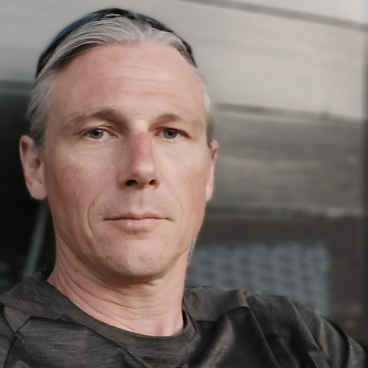
Associate Researcher
Dipl. bioinf. Timo Itzel
Timo Itzel is an accomplished bioinformaticist with over 15 years of experience specializing in Big Data analysis, particularly in OMICS data and gene expression profiles. He holds a diploma in Bioinformatics from the University of Applied Sciences Bingen and a Master’s degree in Medical Data Science from Regensburg University. Timo has extensive expertise in developing workflows for genome sequencing, including applications for molecular tumor boards and microbiome studies. Currently, he is engaged in global data collection projects focusing on chronic liver disease and gastrointestinal oncology, as well as conducting in-depth microbiome research in patients with fatty liver disease and those undergoing bariatric surgery. His work bridges bioinformatics and medical science, driving advancements in precision medicine and data-driven healthcare solutions.
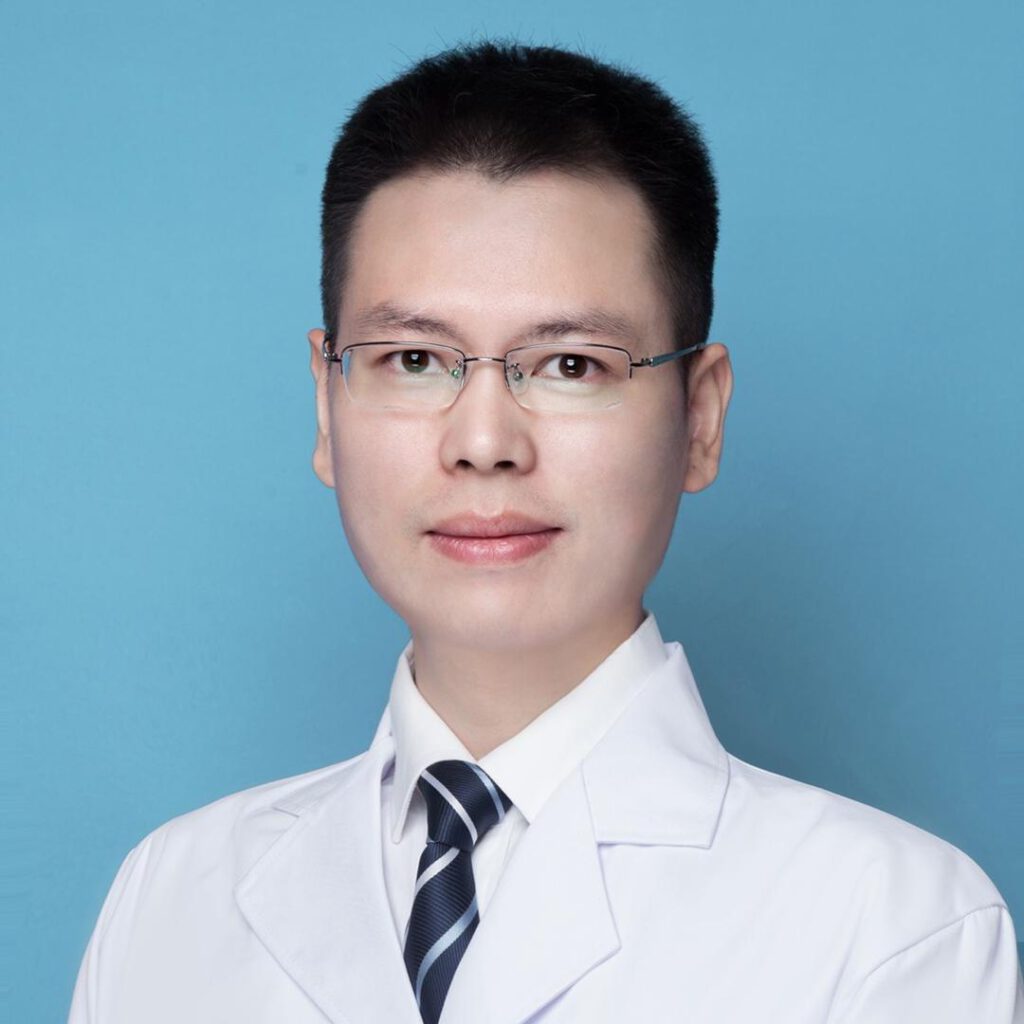
PhD. Associate Researcher
Xiaoyun Xiong
Xiaoyun Xiong is a medical professional specializing in gastrointestinal diseases, with a focus on oncology, motility, regeneration, and carcinogenesis. Recognized for expertise in laparoscopic hernia surgery and abdominal wall research, Xiaoyun Xiong has earned notable distinctions, including the Hernia Essentials Fellowship Diploma from the Asia Pacific Hernia Society and top honors in the 2020 Jiangxi Province Laparoscopic Hernia Surgery Video Competition. In 2021, Dr. Xiong also won the South China division of the Myriad Cup National Laparoscopic Hernia Surgery Video Competition. Professional training includes a certificate in Hernia and Abdominal Wall Surgery from Beijing Chaoyang Hospital and advanced coursework at Shanghai Ruijin Hospital. Xiaoyun Xiong is currently advancing research in murine models of fatty liver disease, focusing on establishing bariatric procedures in mice to study metabolic and liver function changes. Additionally, Xiaoyun is analyzing large-scale clinical and microbiome data to investigate chronic liver disease, aiming to uncover novel insights into disease mechanisms and therapeutic strategies.
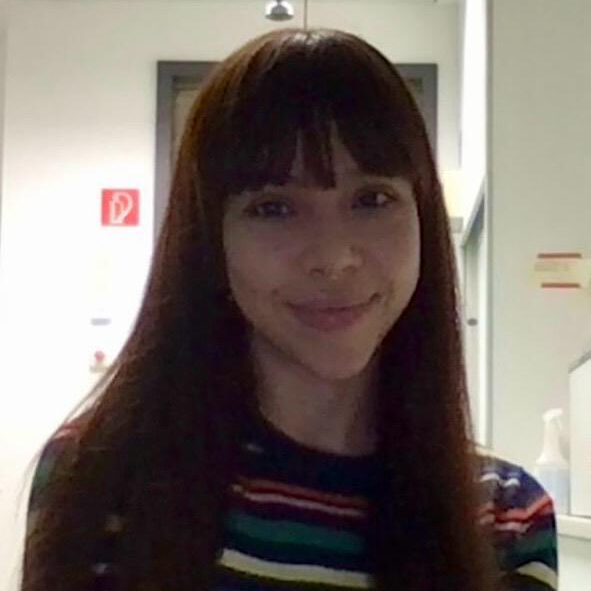
Associate Researcher
Nathally Espinosa Montagut
Nathally Espinosa Montagut is a scientist with expertise in microbiology and clinical research, who just completed medical school. Besides, Nathally Espinosa Montagut holds a Bachelor of Science in Microbiology from the Universidad de Los Andes, Bogota, Colombia.
Her professional experience includes research roles at Heidelberg University and Universidad de Los Andes, where she contributed to projects in hepatology, human genetics, and anatomy. She has also presented at notable conferences and participated in specialized courses on anatomy and parasitic diseases.
Nathally Espinosa Montagut is currently focused on investigating murine models of chronic liver disease and the molecular profiling of international cohorts; her work aims to advance understanding and treatment of chronic liver conditions. With a strong background in microbiology, clinical research, and data analysis, she combines laboratory expertise with a global research perspective.
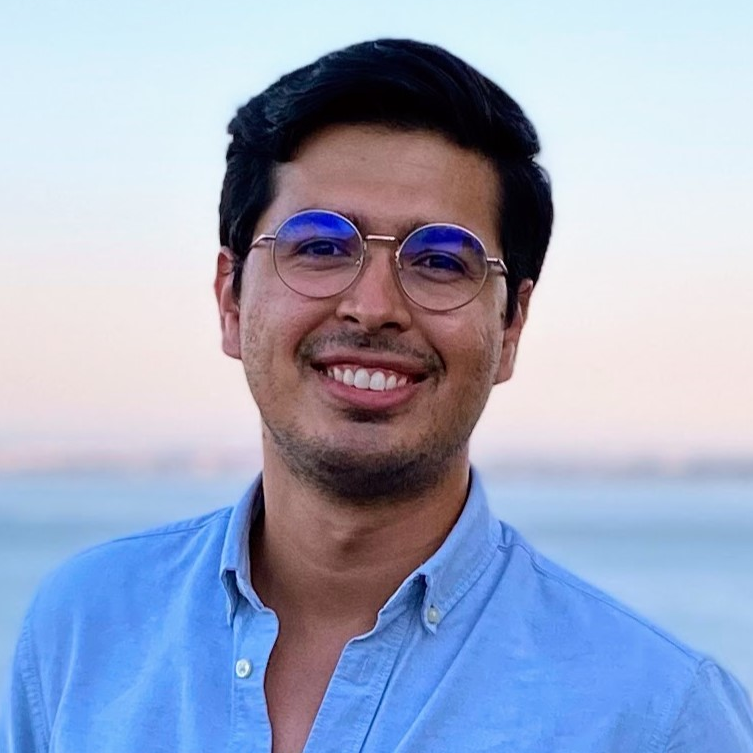
PhD Student
Ernesto Saenz
Ernest Saenz is pursuing his doctorate, where he focuses on integrating AI agents and large language models (LLMs) into hepatology clinical practices. Ernesto Saenz combines his skills in clinical data management, multiomics, and software development to drive meaningful advancements in healthcare. At Universitätsmedizin Mannheim, he led patient-centered research projects and developed AI medical support systems that streamlined clinical operations and improved patient care. Before joining Heidelberg University, Ernest worked at Merck Sharp & Dohme, managing oncology clinical studies, ensuring regulatory standards were met, and building international partnerships. He earned his Master of Science in Translational Medical Research from Heidelberg University and holds dual bachelor’s degrees in Microbiology and Biology. Passionate about digital health, Ernest is dedicated to enhancing clinical systems through data-driven strategies and cross-functional leadership.
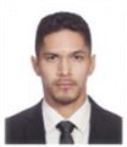
MD Student
Isaac Israel Rodriguez Salazar
Isaac Israel Rodriguez Salazar is a medical professional and researcher. He earned his Medical Doctor degree with honors from Universidad Autónoma de San Luis Potosí (UASLP) and received the National Award for Medical Student of Academic Excellence from the Pfizer Scientific Institute. He also received a Master of Science in Translational Medical Research at Heidelberg University. His clinical experience includes roles as a general physician in the ICU, Covid Unit, and Public Health Department in Mexico, with responsibilities ranging from patient care to managing pediatric health data for the State of San Luis Potosí. Since 2022, he has worked at the Division do Hepatology and the Division of Clincial Bioinformatics. Currently, he is engaged in radiomics projects, identifying imaging features to predict outcomes in liver cancer and chronic liver disease.
